It is often heard from Emergency Lighting Battery Supplier that lithium
batteries cannot be overcharged or over-discharged, otherwise the lithium
battery will be destroyed, so what is overcharge and overdischarge? What is the
harm to lithium batteries?
Overcharge:
Overcharge means that when the lithium battery is overcharged, the battery charging working voltage exceeds the set working voltage, such as the rated current of the rechargeable battery, full battery ±. That is, the maximum working voltage is above 9V. If it exceeds 9V, it is called overcharge. What damage does overcharge do to the rechargeable battery?
Solar Lighting Battery Lithium
During overcharge, the battery voltage rises rapidly with the expansion of the polarization, which will cause irreversible transformation of the positive active material structure, which will cause the electrolyte of the lithium battery to dissolve, cause a lot of vapor, release a lot of heat, and greatly increase the battery temperature and gas pressure. Ascend, the internal diaphragm melts or closes, causing the positive electrode material of the positive electrode and the battery positive electrode material to touch and short-circuit, and there is a hidden danger of explosion and ignition.
Overdischarge:
Over-discharge means that the working voltage is still discharged after the rated current is reached during charging and discharging. For example, the rated working voltage of a ternary lithium battery is charged and discharged, and it is over-discharged when it is less than the still-discharging working voltage. What are the damages to rechargeable batteries caused by excessive discharge?
After the battery has discharged the internally stored power and the working voltage reaches a certain value, re-discharging will cause the rechargeable battery to be over-discharged. The battery over-discharge will have a devastating adverse effect on the battery, especially the high current loss, or repeated Discharge will cause greater harm to the battery. Generally speaking, over-discharge will increase the gas pressure of the battery, destroy the intersection of positive and negative active materials, dissolve the electrolyte of the lithium battery, accumulate negative lithium, and increase the resistor. Even if the battery is only partially repaired, the volume There will also be a significant attenuation coefficient.
How to avoid overcharging or overdischarging the battery?
First: Cooperate with the special lithium battery protection board (BMS) for lithium battery. The lithium battery protection board can carry out battery charging and maintenance for the rechargeable battery. The intelligent version can also set the battery charging and discharging working voltage for stronger maintenance. Rechargeable Battery.
Second: Use the lithium battery charger with its supporting facilities instead of fast charging.
Third: When the battery voltage reaches the working voltage set by the lithium battery protection board, the lithium battery protection board will turn off the power to maintain the rechargeable battery, but the lithium battery will decrease and the working voltage will increase, and it will be more than the lithium battery protection board set The working voltage is slightly higher. This time will no longer apply. Continuous application will cause unavoidable harm to rechargeable batteries.
Our company also has Solar Lighting Battery Lithium on sale, welcome to contact us.

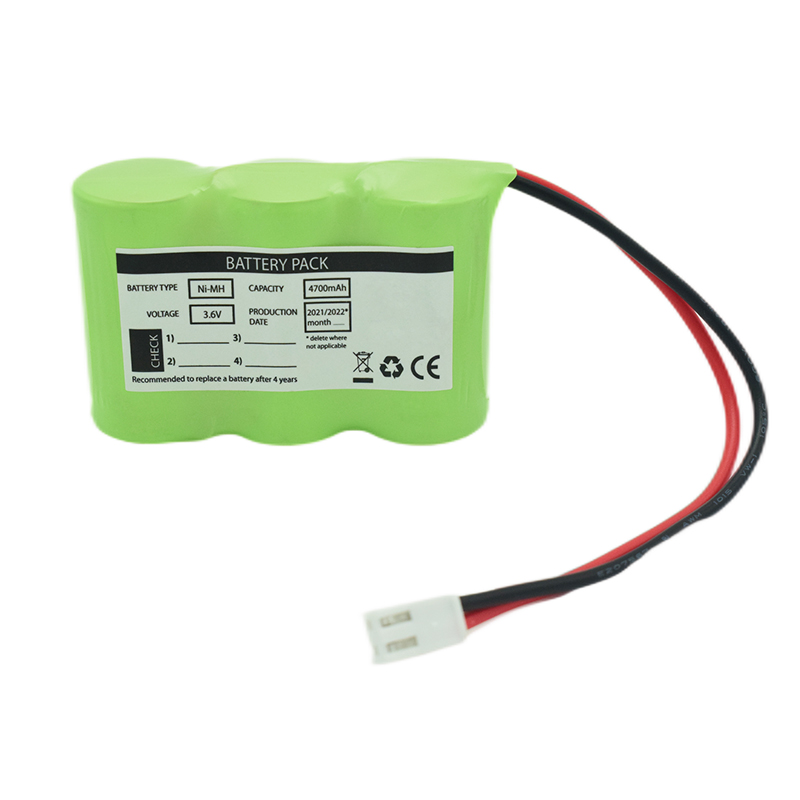 Ni-MH Battery C4700mAh 3.6V
Ni-MH Battery C4700mAh 3.6V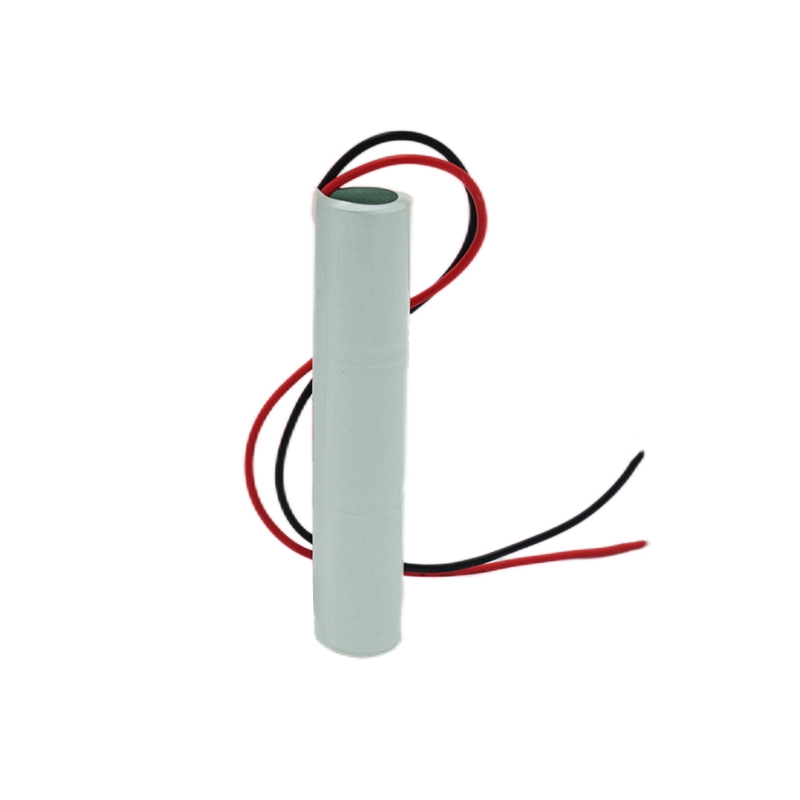 Nickel Cadmium Nicd Battery Pack SC1800mAh 3.6V
Nickel Cadmium Nicd Battery Pack SC1800mAh 3.6V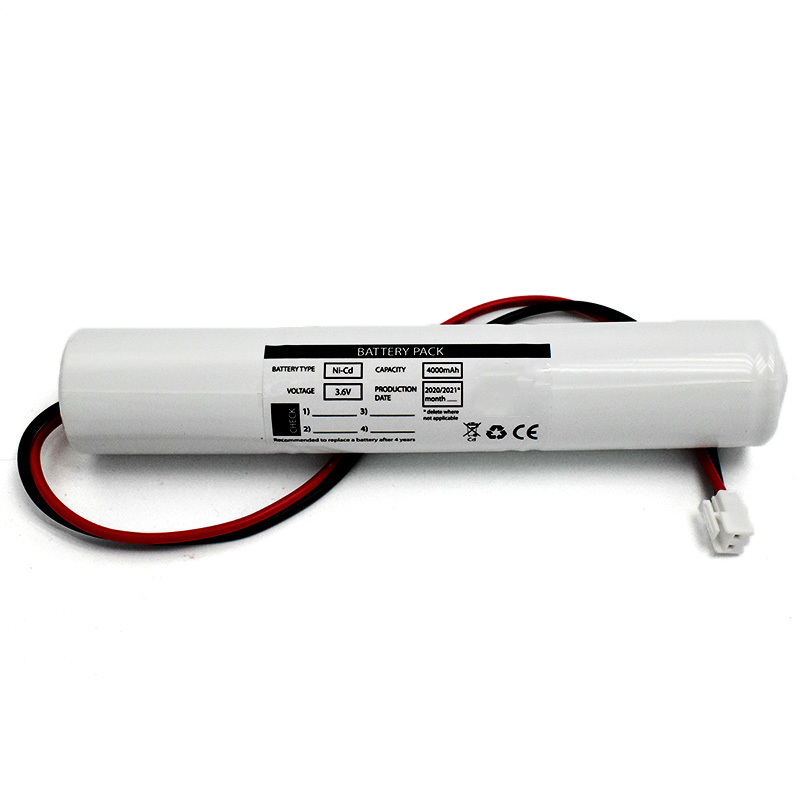 Ni-Cd Battery Pack D4000mAh 3.6V
Ni-Cd Battery Pack D4000mAh 3.6V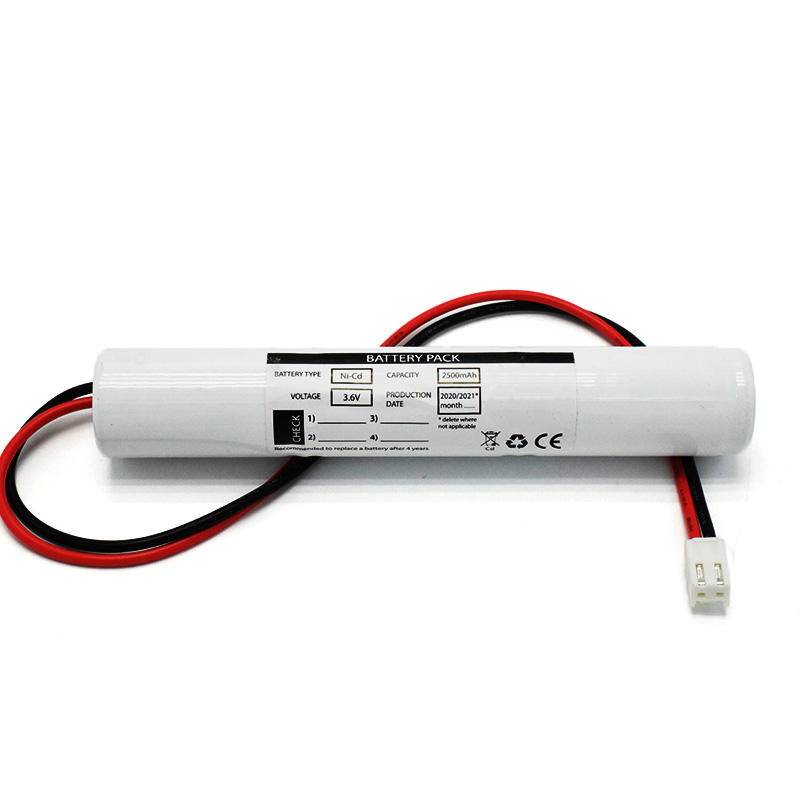 Ni-Cd Battery Pack C2500mAh 3.6V
Ni-Cd Battery Pack C2500mAh 3.6V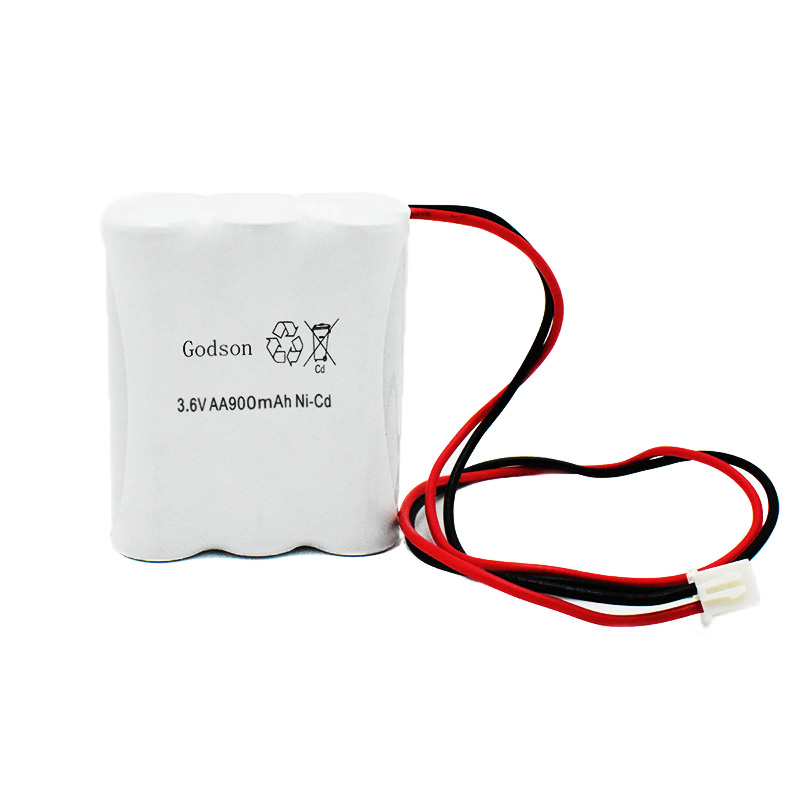 NICAD Battery Pack AA900mAh 3.6V
NICAD Battery Pack AA900mAh 3.6V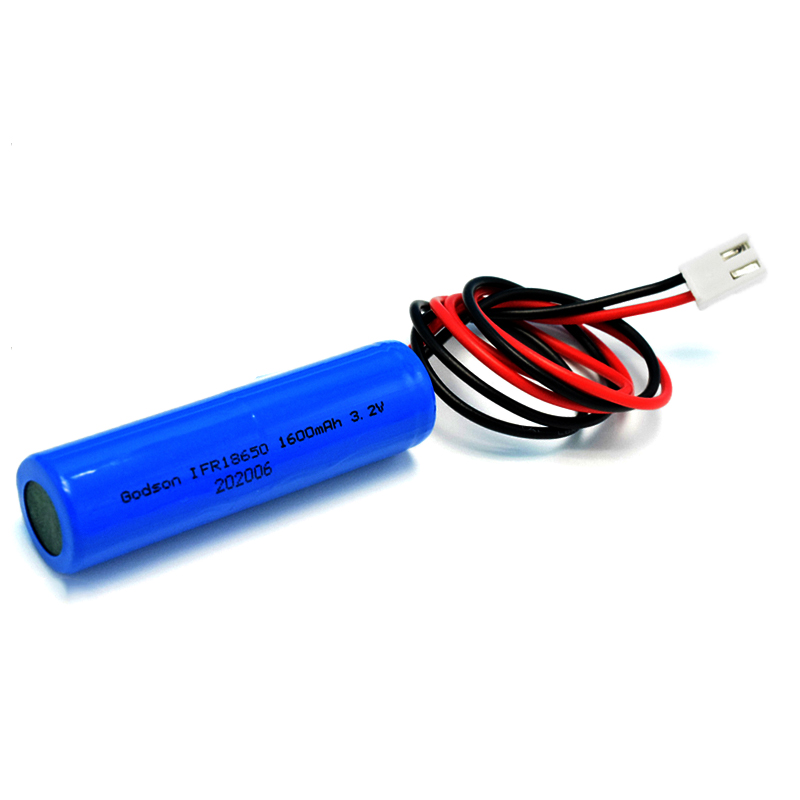 LiFePO4 IFR18650 1600mAh 3.2V
LiFePO4 IFR18650 1600mAh 3.2V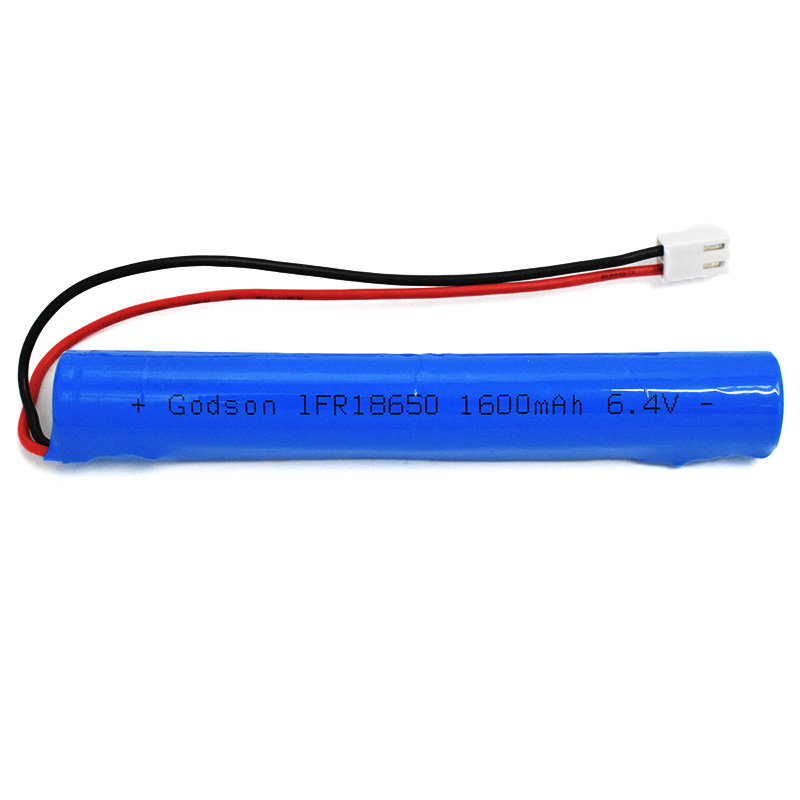 LiFePO4 IFR18650 1600mAh 6.4V
LiFePO4 IFR18650 1600mAh 6.4V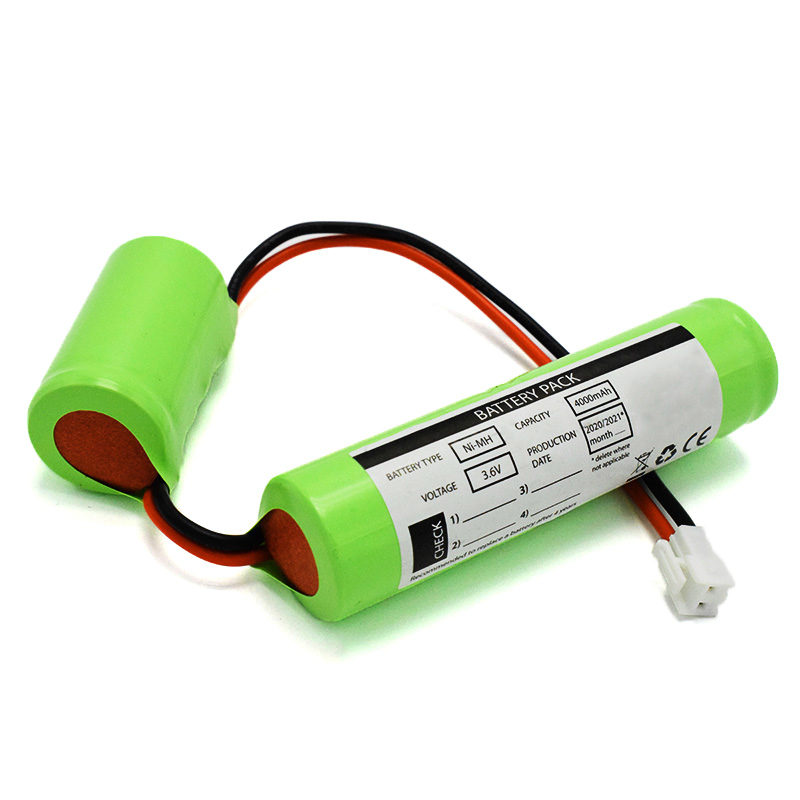 Ni-MH Battery C4000mAh 3.6V
Ni-MH Battery C4000mAh 3.6V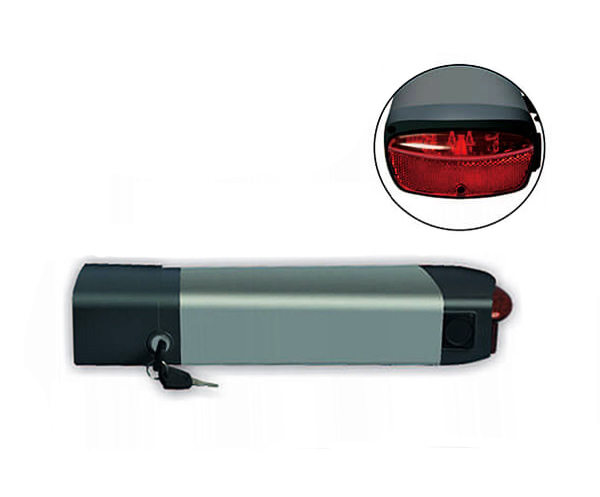 E-bike Battery 48V 10Ah JL-1
E-bike Battery 48V 10Ah JL-1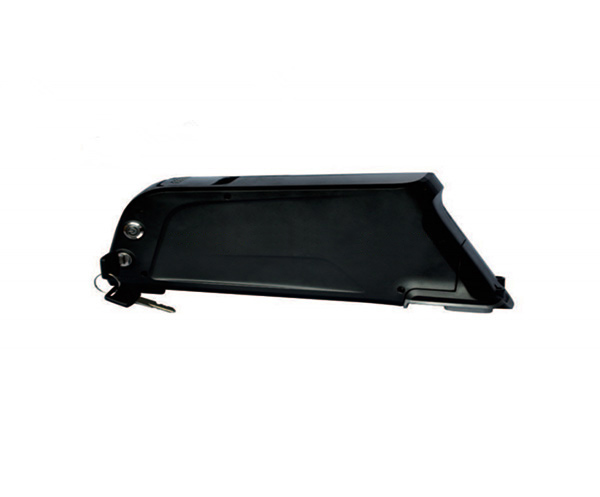 E-bike battery 48V 10Ah Qing Tian
E-bike battery 48V 10Ah Qing Tian